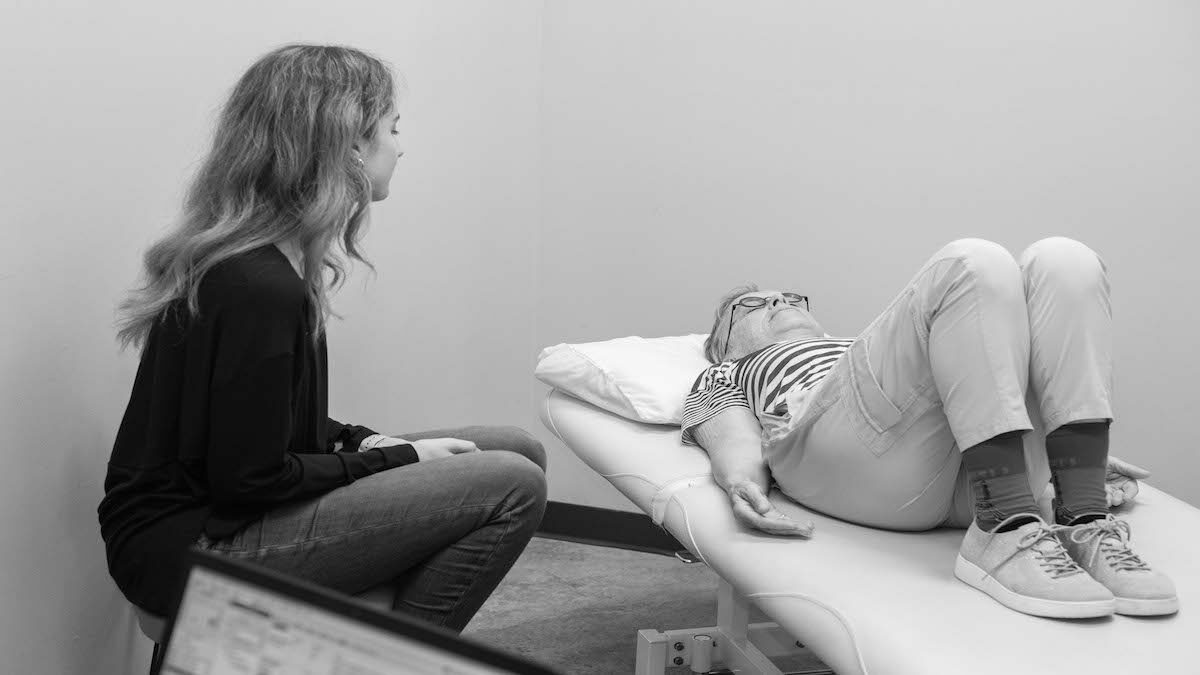- Mon - Fri
7.30 AM – 5.30 PM
Other hours upon request - 770-487-1931
Is your Pilates class good for mental health?

It’s no secret modern living can be stressful. The global pandemic in 2020 forever altered our world and how we live, work, learn and relate. Quarantine spurred many to seek mental health solutions.
Pilates is often touted for shaping lean muscles, flexible limbs and a strong core. Yet, its benefits go beyond the physical. Pilates, a mind-body modality, dramatically impacts your mental health on and off the mat.
In this article, we’ll cover the benefits of exercise and Pilates for mental health and how it impacts the brain.
Why is exercise so good for mental health?
Maintaining good mental health is essential for living a fulfilling life. According to the Mayo Clinic, completing a minimum of 30 minutes of exercise three to five times a week may help lower depression and anxiety. Additionally, it can be a great way to control stress and improve your mood.
The release of endorphins while exercising contributes to feelings of happiness while simultaneously reducing stress hormones. Regular physical activity can also improve self-esteem, confidence, sleep quality, and cognitive functioning and enhance concentration, memory and focus. Investing time into our physical health with physical training can significantly benefit our mental health.
Is Pilates good for your mental health?
Pilates, a low-impact exercise, could also be the answer to better mental health. While it is no secret that Pilates offers strength and mobility benefits, it is not just about the physical aspect of the workout.
Pilates promotes mental health by encouraging the mind-body connection. In this sense, Pilates requires total concentration on every single movement and breath, diverting attention from anxiety and stress. If you’re keenly focused on scooping your core muscles, you won’t be thinking about your long list of errands or the sticky situation with your co-worker.
What does Pilates do to the brain?
In 2013, a study showed how Pilates affects the Alpha Rhythms of the brain. Alpha rhythms, or waves, are one brain wave state. Beta is most alert and Delta while sleeping.
Alpha waves hit right in the middle, a relaxed yet awake state. While all stages of the brain are healthy and necessary, reduced Alpha waves can cause anxiousness or panic. Furthermore, research shows reduced Alpha rhythms are observed in those diagnosed with Alzemiers and Obsessive Compulsive Disorder.
The study found that Pilates stimulated brain areas to improve Alpha wave activity. Pilates could be an excellent tool for those struggling with the abovementioned conditions.
All in all, Pilates is a valuable exercise to help improve mental health. It can reduce stress and anxiety, increase self-confidence, improve focus and clarity of thinking, and improve mood. With the mental health crisis only growing around us, it’s important to seek solutions, including exercise, to combat this epidemic. Pilates can do just that.
ProHealth Physical Therapy & Pilates specializes in customized programs to meet individual needs regardless of fitness level. Pilates is your answer. Join us today for a class so you can start your path toward achieving your highest state of well-being!




